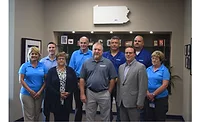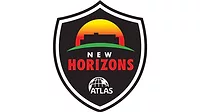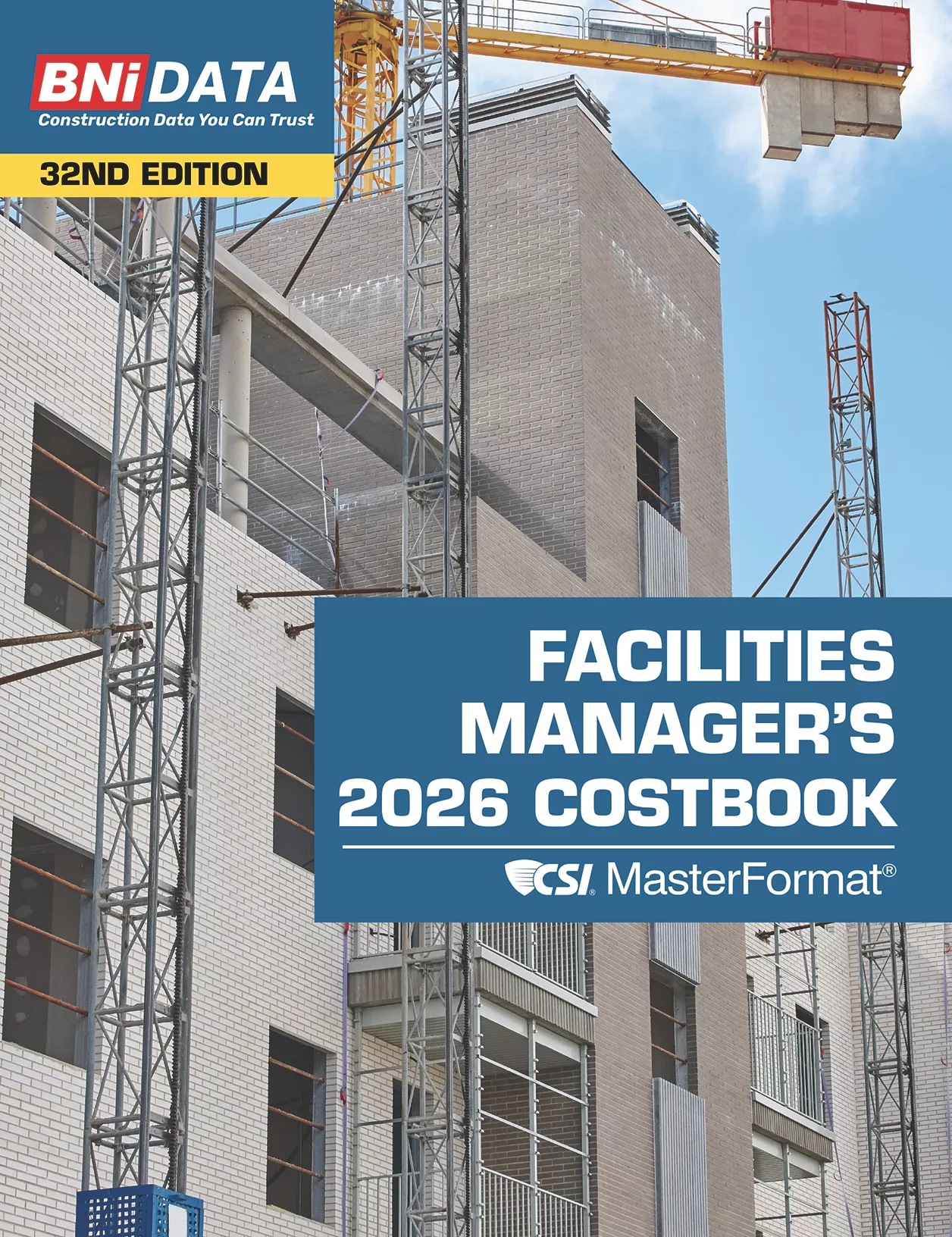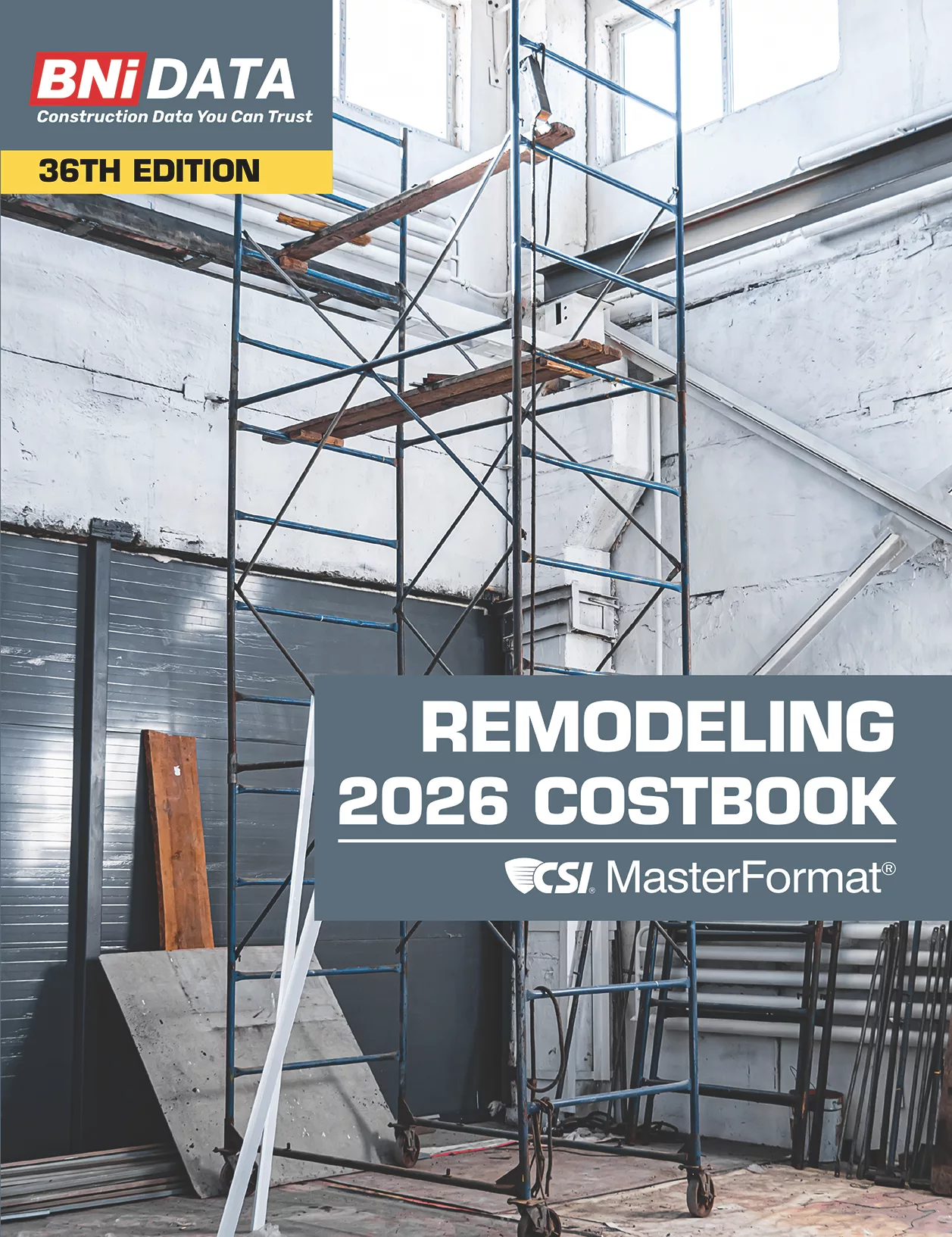Congressman Lance Visits Karnak Corporation’s Manufacturing Facility
WASHINGTON — Karnak Corporation, a member company of the Roof Coatings Manufacturers Association (RCMA), hosted U.S. Representative Leonard Lance (R-NJ-7) at its headquarters in Clark, N.J. During his visit, he met with Karnak Corporation President Sarah Jelin and COO Chris Salazar to discuss the roof coatings industry and the issues impacting coating manufacturers, such as clarifying the IRS 25C tax credit and concerns over the EPA’s potential proposal to lower the National Ambient Air Quality Standard (NAAQS) for Ground-Level Ozone.
In 2013, Congressman Lance first met with Jelin, Salazar and RCMA Executive Director John Ferraro during the RCMA Government Affairs Lobby Day in Washington. RCMA, the national trade association representing the manufacturers of cold-applied coatings and cements used for roofing and waterproofing, facilitated meetings with 70 different congressional offices during their Lobby Day on July 24, 2013. Since then, the association’s manufacturing members have continued their dialogues with the members of Congress from their states and districts. The visit to the Karnak Corporation manufacturing facility to learn more about the issues of interest to the roof coatings industry can be seen as a product of these efforts.
“We are very pleased with the visit by the Honorable Congressman Leonard Lance to Karnak Headquarters in Clark, N.J. Congressman Lance listened carefully to the regulatory challenges that affect and threaten our industry,” said Salazar.
During their meeting, Jelin and Salazar emphasized to the Congressman some of the issues that are most highly impacting their industry, including modification of language used in the Homeowner Energy Efficiency Tax Credit (IRC Sec. 25C) to include roof coatings, the Commercial Building Tax Deduction (IRC Sec. 179D), and the EPA’s potential proposal to lower the Ozone NAAQS from the current 0.075 parts per million (ppm) to 0.06-0.07ppm.
At its 2013 Lobby Day, RCMA spoke in opposition to the proposed reduction to the EPA NAAQS for Ozone, as this highly costly regulation would be damaging to companies, jobs and the economy. Of particular concern to the RMCA is that a reduction to the standard would likely result in the implementation of hundreds of state and local regulations aimed at further limiting the volume of volatile organic compounds (VOCs) contained in products. Over-reduction of VOCs in roof coatings can result in a number of issues for the effectiveness of the products, and the regulatory burden of keeping apace of hundreds of different rules is extremely high for small businesses.
“The EPA-proposed reduction of ground level ozone will impact VOC limits throughout the U.S. and generate a multitude of different requirements by county and state, making compliance extremely burdensome,” noted Salazar, who has worked to ensure the VOC compliance of his company’s products for decades. “Congressman Lance recognized that our businesses are important to the economy, and promised to do his best after reviewing the RCMA informational materials we provided.”
Roof coatings protect roofs against water, chemicals and physical damage, and can prolong the life of new roof systems and extend the lives of existing roof systems, which can result in less tear-off waste and a reduced environmental impact from fewer full roof replacements. Solar reflective roof coatings, which reflect visible light as well as infrared and ultraviolet radiation, lead to lower roof temperatures and have been shown to reduce building energy costs and improve air quality.
For more information, visit www.roofcoatings.org.
Looking for a reprint of this article?
From high-res PDFs to custom plaques, order your copy today!







